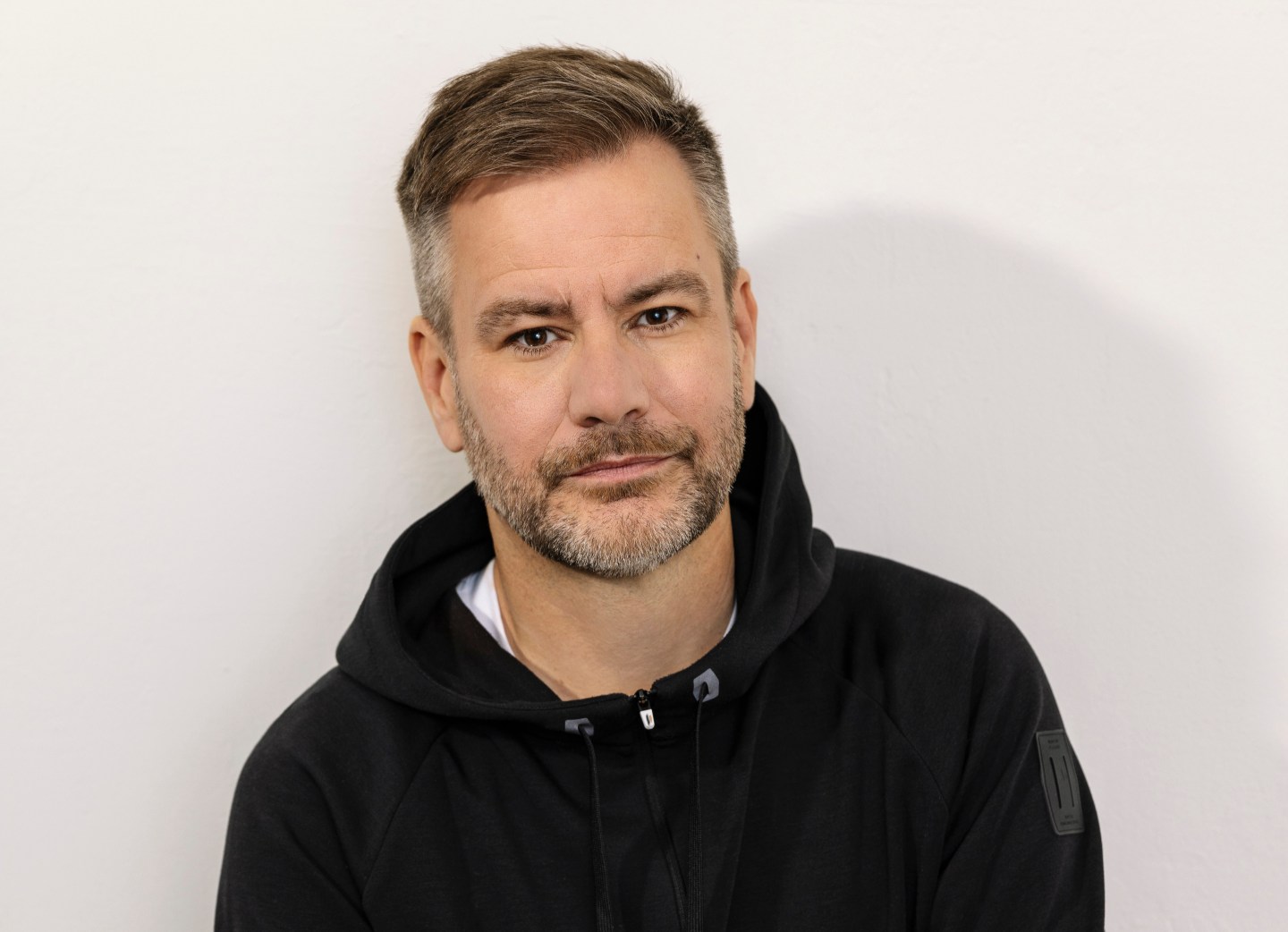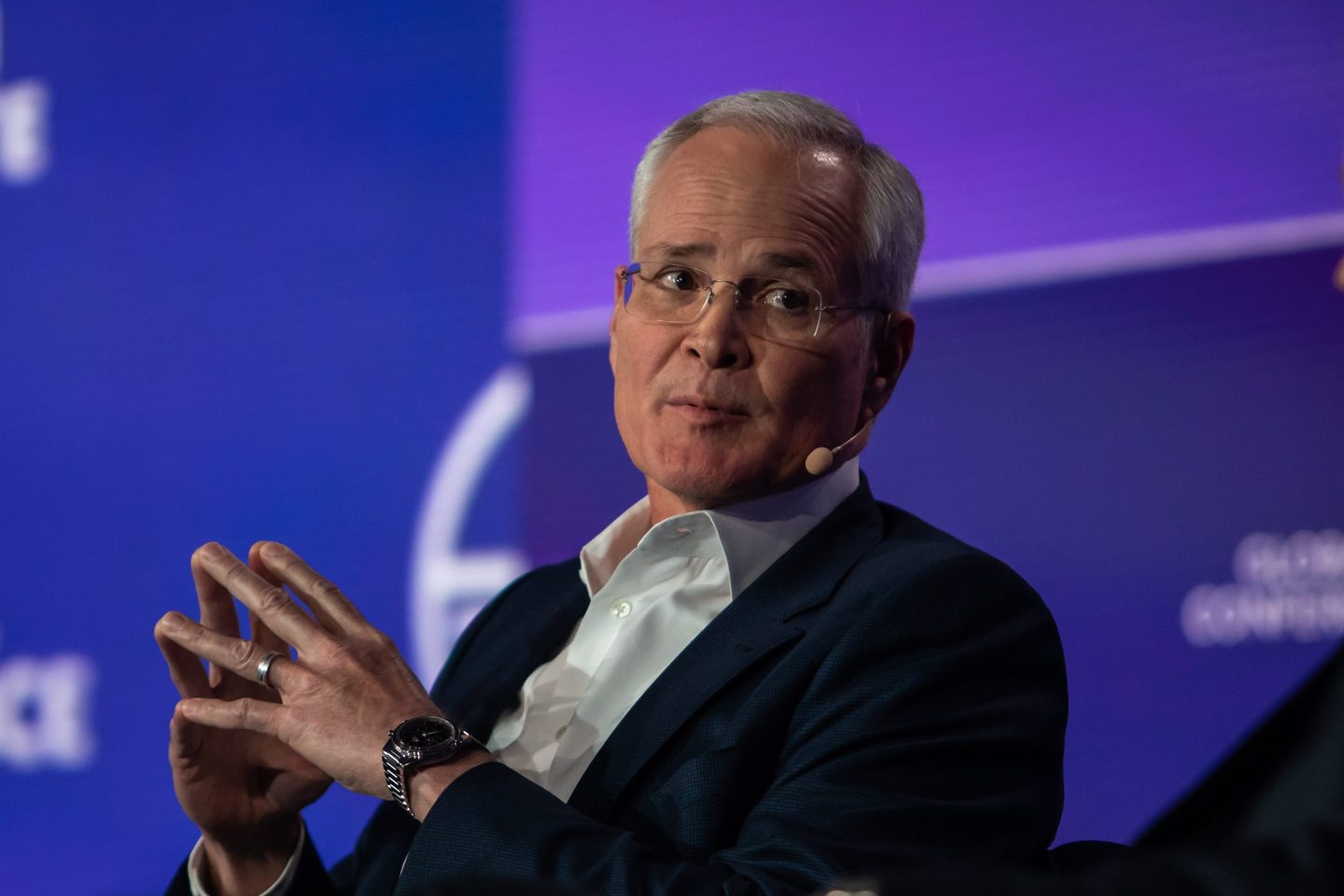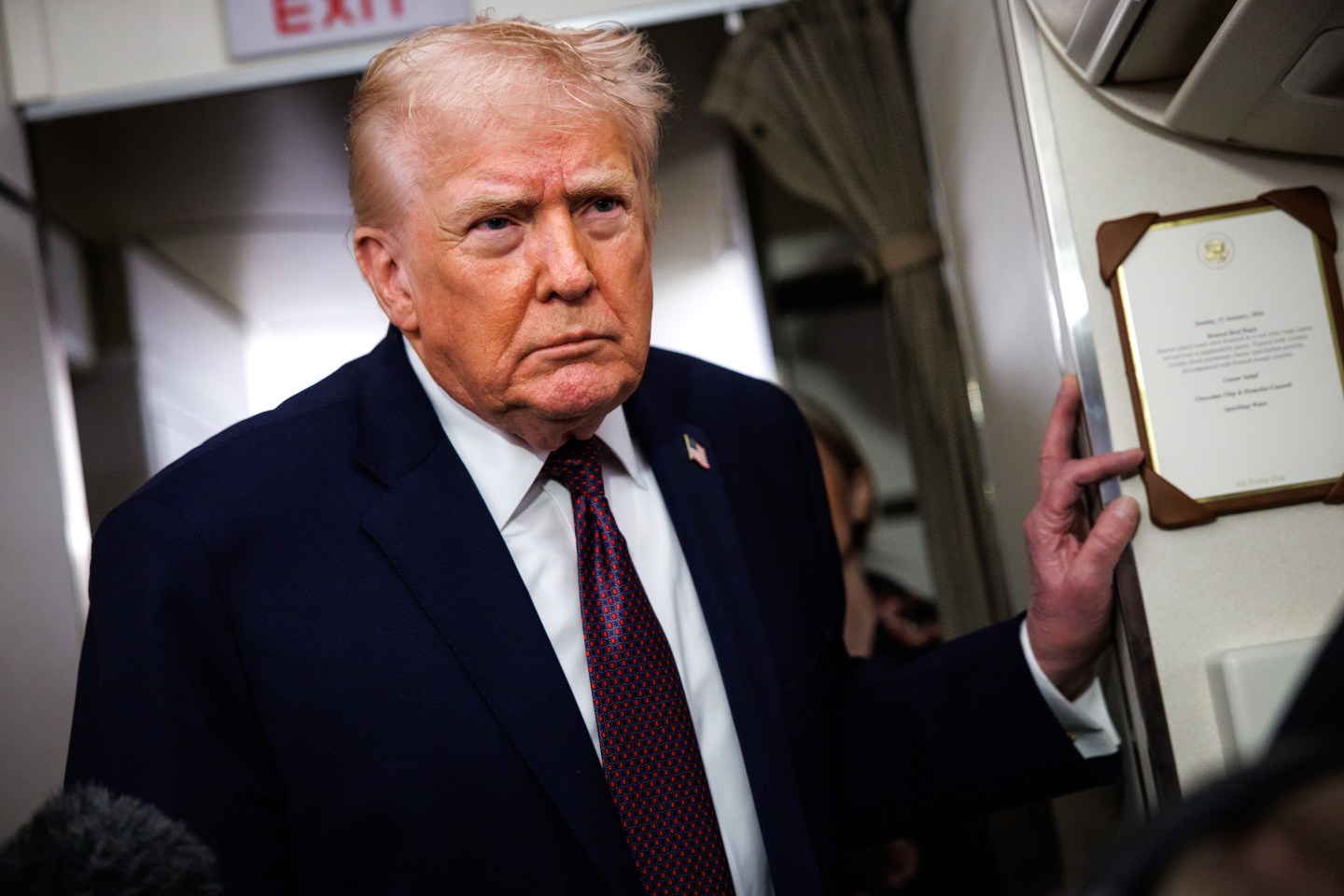Good morning.
Fortune’s first Impact Initiative got underway in Atlanta yesterday, bringing together top executives responsible for ESG from many of the world’s largest corporations. My task for the day was to conduct an odd trio of interviews on the conference stage, with billionaire basketball team owner Tony Ressler, rapper “Killer Mike” Render, and Occidental CEO Vicki Hollub. All three were fascinating, but since I have limited space here, I’ll focus this morning on Hollub, who by speaking her mind has managed to anger both sides in the climate debate. Environmentalists don’t like her because she believes oil production will have to be part of the global energy picture for decades to come. Here’s what she said on that yesterday:
“A lot of models are showing that even by 2040, if you tried to do your best in terms of building renewables and other alternatives, the demand for oil would still be around 60 to 70 million barrels. We’re at 100 million today. Unfortunately, if you don’t invest in the oil industry, by then the supply would be 27. So when we talk about a just transition, we have to remember that there are places around the world that have tremendous oil and gas resources. But if they can’t develop those, they’re the ones that will get left behind, and they’re the ones that will suffer.”
Yet Hollub also believes the world faces a serious climate crisis. And her response has been to make major investments in carbon capture technology, which she believes play to her company’s engineering strengths and can make a major contribution to solving the problem. To critics who say it’s just an effort to “greenwash” the company’s oil business, she responds:
“We would not be sending $1.2 billion for a greenwashing campaign. I can assure you of that…The way we look at it is this is not something that we have the choice to do or not. It’s something that we feel like we should do and need to do to help the world.”
I asked her what advice she would give to other U.S. companies trying to navigate the polarized U.S. political environment.
“It’s the most challenging that I’ve ever seen in my career. But I would say take the best moments you can get. I love President Biden’s commitment to try to reduce emissions and try to get us in a better place with respect to climate. And the IRA bill, that was amazing. It’s going to be very helpful in advancing our technologies. So we are trying to work with the Democrats on that…And then we work with the Republicans on other things around making sure that we don’t shut down the oil industry in the United States, because we don’t want to do what Europe did.”
Other news below.

Alan Murray
@alansmurray
alan.murray@fortune.com
TOP NEWS
Twitter Blue
Elon Musk’s Twitter has yet again postponed the launch of its paid-verification service, Twitter Blue, and this time it’s reportedly because Musk doesn’t want to give Apple its 30% cut of subscription revenue. He on Monday claimed Apple had pulled most of its ads from Twitter (which has now lost half its top advertisers over brand safety concerns) and accused the iPhone giant of levying a “secret 30% tax on everything you buy through their App Store”—the justness of Apple’s policy is certainly up for debate, but, given that it’s been the focus of multiple regulatory battles around the world, it’s anything but secret. Fortune
Subsidy bonanza
The EU is preparing to subsidize the heck out of key high-tech businesses to stop them from leaving for the U.S., where energy prices are lower and green subsidies are being sprayed around under the auspices of the Inflation Reduction Act. Brussels is reportedly trying to pull together a unified scheme at speed, so EU countries don’t go their own way on subsidies and cause chaos in the bloc's hallowed single market. Politico
Chinese chips
In anticipation of further U.S. sanctions, China’s government has enlisted local tech heroes Tencent and Alibaba to help design new chips. It’s set up a consortium that would use the Risc-V chip architecture, an open-source rival to the Arm architecture that underpins most chips sold around the world today. Arm, which is owned by Softbank, is based in the U.K. and has major U.S. operations. “Under the escalating U.S. export controls, we need to prepare for the worst,” a Chinese official told the FT. Financial Times
AROUND THE WATERCOOLER
In 2020 Sam Bankman-Fried tweeted about a VC ‘horror story.’ Now that investor reveals what he saw at Alameda Research—and why he walked, by Luisa Beltran
FTX’s Sam Bankman-Fried says he has just $100,000 in his bank account after running a company that was once worth $32 billion, by Alena Botros
‘The so-called golden era is over’: The U.K.’s prime minister sounds the alarm over China and says the country ‘poses a systemic challenge to our values and interests’, by Prarthana Prakash
An ex-mayor who was elected at 23 years old just lost his appeal on charges that he defrauded investors and he asked for bribes from marijuana businesses, by Associated Press
Now is the best time to get your dream job if you don’t have a college degree, by Jane Thier
This edition of CEO Daily was edited by David Meyer.
This is the web version of CEO Daily, a newsletter of must-read insights from Fortune CEO Alan Murray. Sign up to get it delivered free to your inbox.












